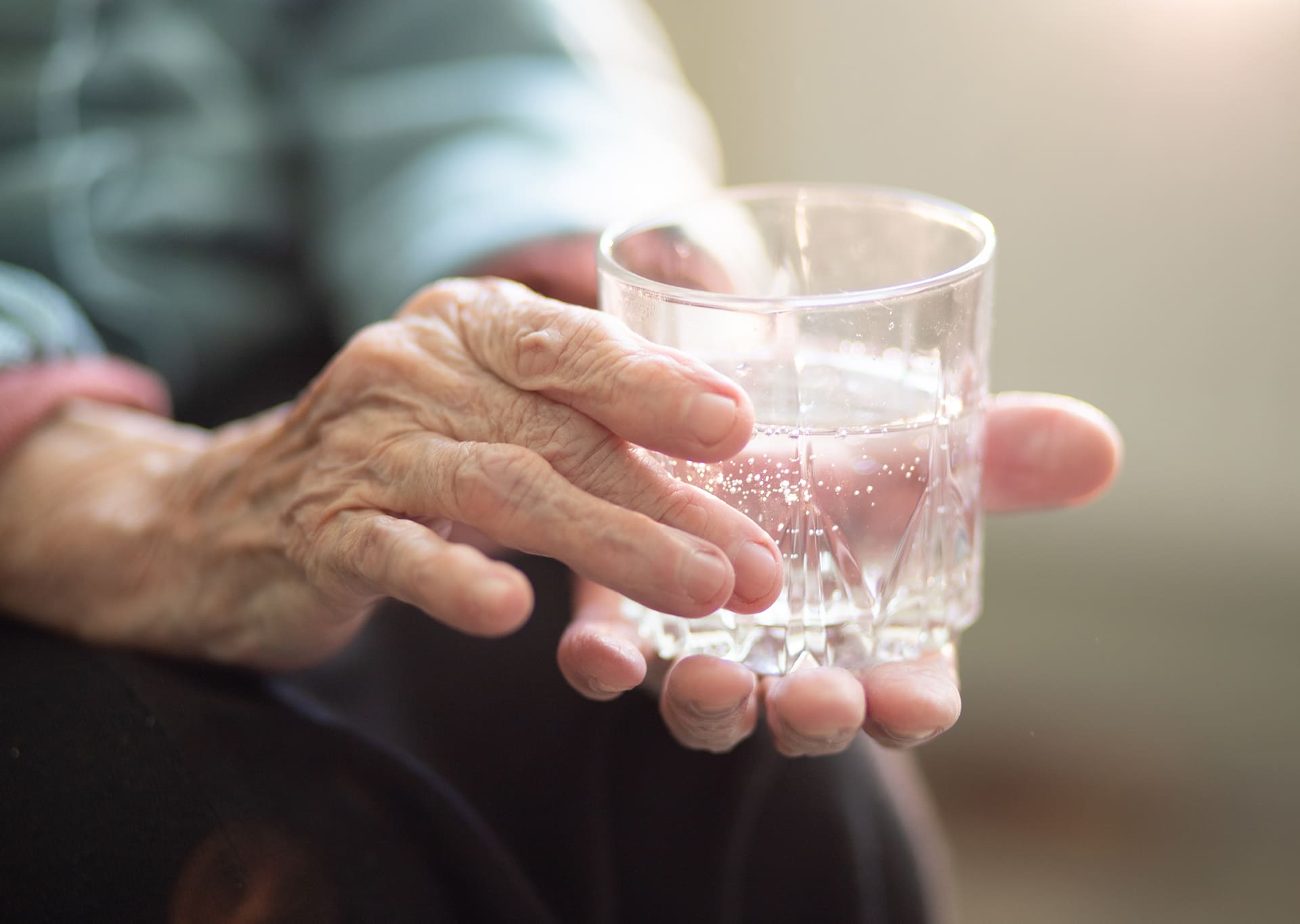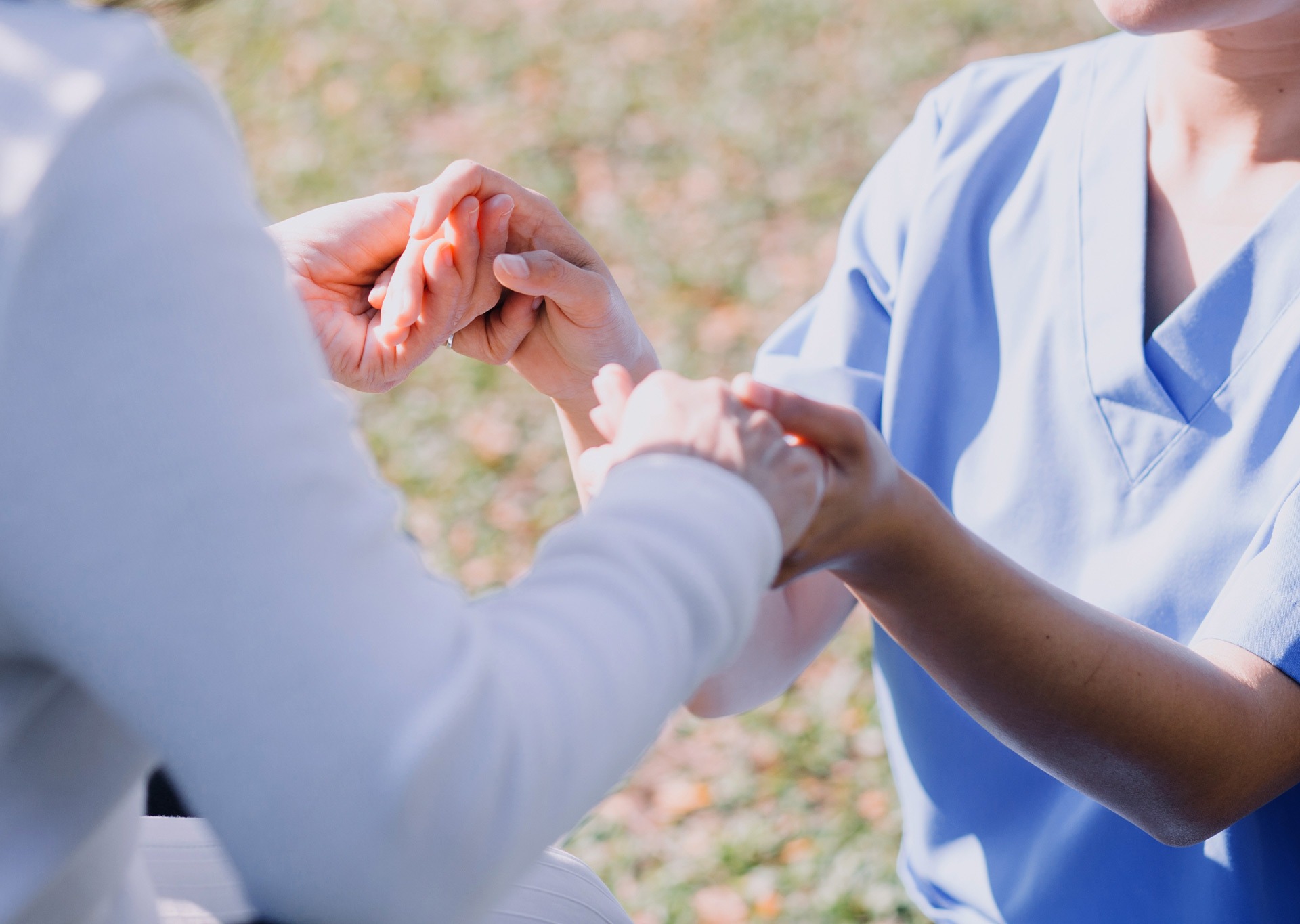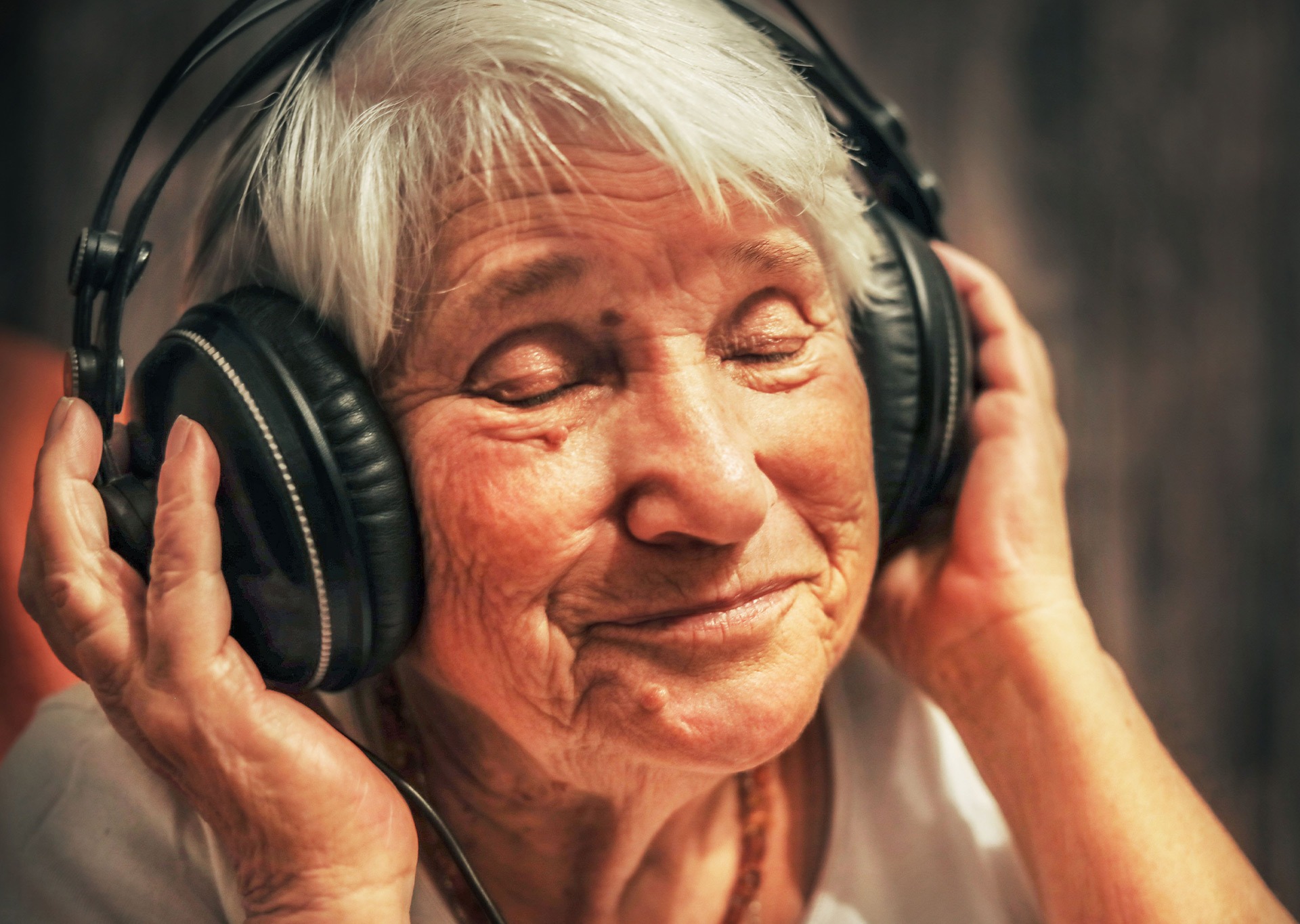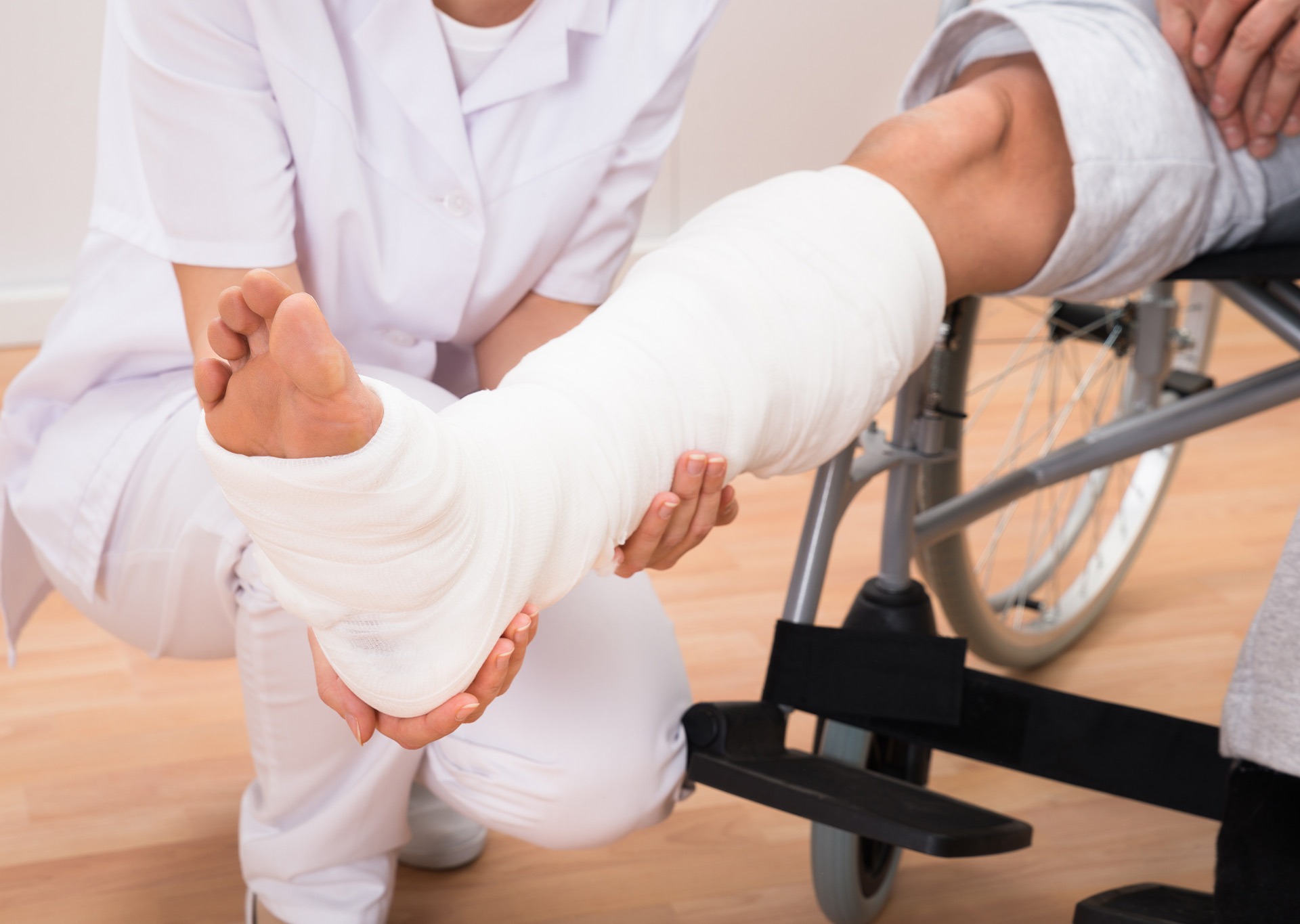
Hydration and mobility: key to daily wellness
Hydration is one of the fundamental pillars for maintaining good health and mobility at any stage of life, but its importance is amplified as we age. Older people often have a lower perception of thirst, which can lead to insufficient fluid consumption and, consequently, dehydration. This condition can negatively affect both overall health and mobility. A well-hydrated body not only functions more efficiently, but also makes it easier to perform everyday tasks and promotes independence. This article explores the direct relationship between hydration and mobility, and provides strategies to ensure adequate fluid intake, especially in older people.
Benefits of hydration for joints and mobility
Water is essential to keep the body functioning properly, and plays a crucial role in joint care. As we age, the cartilage that lubricates the joints can become less efficient, leading to stiffness and pain. Proper hydration helps keep cartilage flexible, making movement easier and reducing discomfort associated with arthritis and other common joint conditions. In addition, hydration contributes to muscle elasticity, which decreases the chance of cramps and improves muscle endurance. With a well-hydrated musculoskeletal system, seniors can enjoy greater autonomy and perform everyday tasks more easily.
Practical tips for maintaining consistent hydration
For seniors, maintaining adequate fluid intake can be a challenge, but there are practical strategies to encourage hydration. Placing accessible water bottles in various areas of the home is a simple way to remember to drink fluids. It is also advisable to set alarms or reminders on your phone to ensure you drink water throughout the day.
However, water is not the only source of hydration; caffeine-free infusions, broths and natural juices also contribute significantly to fluid intake. For those who prefer the taste, consuming water-rich fruits such as watermelon, cucumber, melon or orange is an excellent option, as in addition to hydrating, they provide essential nutrients. If you have difficulty drinking large amounts of liquids at once, you can choose to consume small amounts throughout the day, ensuring constant hydration without feeling overloaded.
Effects of dehydration on general health
Dehydration can have very detrimental effects on health, especially in older people. Lack of fluids can cause symptoms such as dizziness, fatigue and difficulty concentrating, which can affect the ability to perform daily activities efficiently. In more serious situations, dehydration can compromise balance, increasing the risk of falls. In addition, it can affect the functioning of vital organs, weakening the immune system and making digestion and nutrient absorption difficult.
It is important to note that chronic dehydration can worsen pre-existing conditions such as arthritis or cardiovascular disease, further affecting mobility and quality of life. This is why maintaining an adequate level of hydration is crucial not only to prevent these negative effects, but also to maximize the ability to move and perform daily activities independently and safely.
Hydration as a support for assisted mobility
For people who use mobility aids, such as wheelchairs, rollators or canes, adequate hydration is equally essential. Mobility aids allow for improved autonomy, but when combined with proper hydration, they can enhance the ability to perform movements more efficiently and without overloading the body. In addition, the use of specialized products, such as orthopedic cushions or ergonomic backrests, is optimally complemented by hydration to avoid muscle stiffness, fatigue and cramps that can interfere with the use of these aids.
Conclusion
Hydration is a key component to maintaining health and mobility in older people. By ensuring adequate fluid intake, joint function can be improved, muscle stiffness can be reduced, and greater independence can be promoted. Adopting simple habits, such as setting reminders to drink water and consuming water-rich foods, can have a significant impact on quality of life. Dehydration, on the other hand, can seriously affect overall health and increase the risk of falls and other complications. Therefore, staying well hydrated not only supports mobility, but also protects overall health, improving the quality of life of older people and promoting healthy and active aging.








